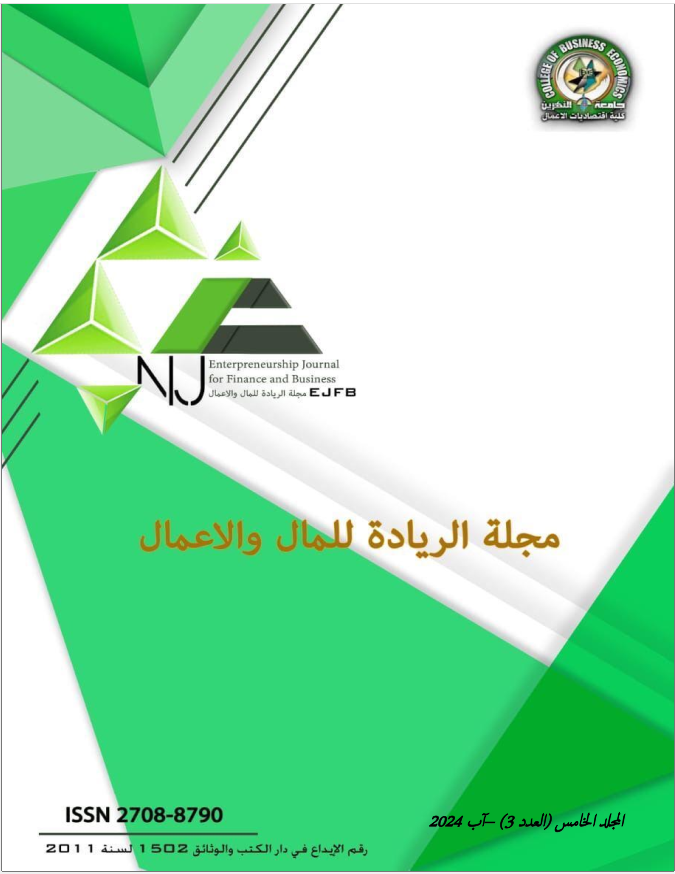Foreign labor in Iraq: causes and implications
DOI:
https://doi.org/10.56967/ejfb2024444Keywords:
imgrants workers, economic repercussions, individuals, societyAbstract
The research aimed to shed light on the most important reasons that led to the spread of expatriate workers in Iraq and their role in economic, development. The problem of the research was to know the most important reasons for the movement of expatriate workers and how this labor affects economic activity. The research hypothesis was that expatriate workers have impacts, whether Positive or negative on many macroeconomic variables such as employment, unemployment, and gross domestic product. The research was determined spatially in Iraq and for the period between 2013-2022. The research relied on the inductive approach based on the descriptive method. The most important conclusions reached by the research were the acquisition of expatriate workers on Most of the job opportunities are available in Iraq, especially after the openness that Iraq witnessed after 2003 AD, and employers have sought help from them significantly due to their low wages and the ability to work long hours compared to Iraqi workers. The most important recommendations were the necessity of developing laws that control the income of these workers, and imposing an income tax because a large portion of the income of these workers is transferred to their homes, which negatively affects the Iraqi economy.
Downloads
Downloads
Published
How to Cite
Issue
Section
License
Copyright (c) 2024 رندا شاكر محمود، ستار جبار البياتي

This work is licensed under a Creative Commons Attribution 4.0 International License.
This is an Open Access article distributed under the terms of the creative commons attribution (CC BY) 4.0 international license which permits unrestricted use, distribution, and reproduction in any medium or format, and to alter, transform, or build upon the material, including for commercial use, providing the original author is credited.






